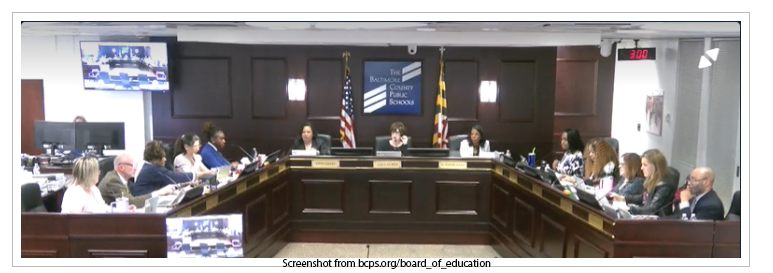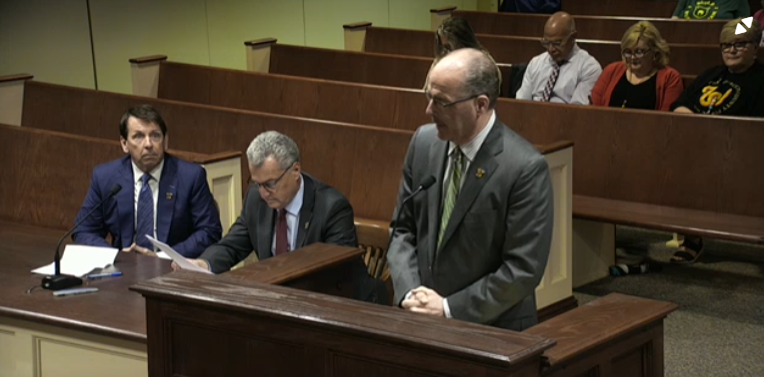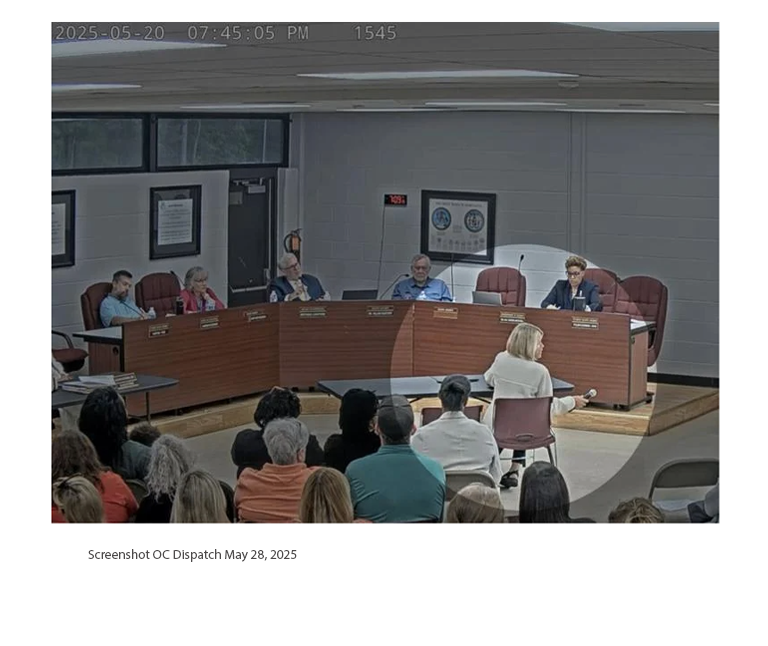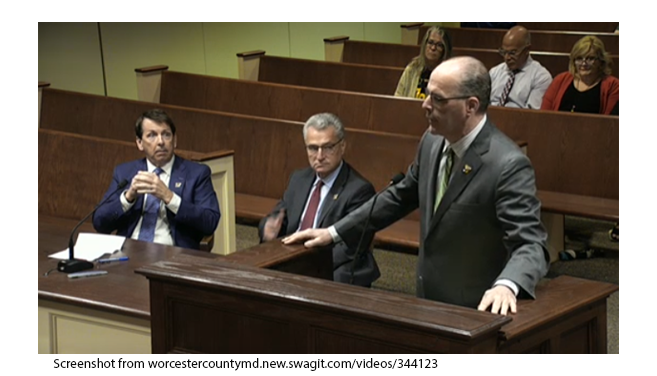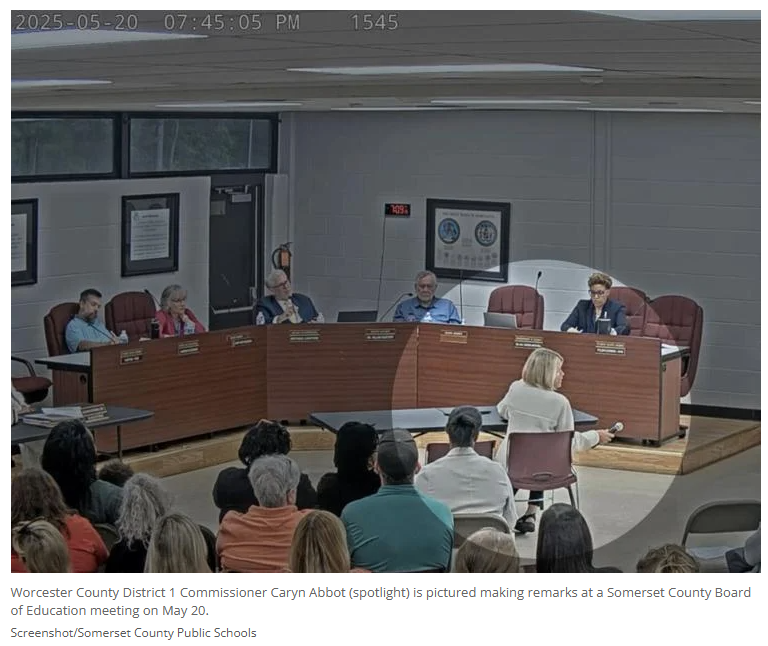
Don’t Bewail Summer Vacation for Students, Rethink It (Opinion)
The school year is about to end, beginning summer vacation. As always, this will surface the annual spate of commentary on the “problem with summer vacation.” The idea is that students need to spend more time in school, whether via a longer school year, year-round schooling, or something else. There’s some logic to such appeals but only when carefully calibrated.
Calls for a change typically start with proponents noting that the American school calendar is an anachronism geared for the needs of 19th-century farmers—rather than 21st-century learners.
They’ve got their history half right.
The school calendar is an anachronism. But that’s not because it was designed for farmers, who tend to be busiest in the spring and fall (during planting and harvesting season) when school is in session. Indeed, in many 19th-century rural communities, schooling was haphazard, with schools open just three to six months a year.
Instead, the adoption of the summer break was driven by experts in the late 1800s. Health authorities regarded sweltering cities, with raw sewage running in the gutters (back before air conditioning or modern plumbing), as breeding grounds for disease. The intent was to enable families to get children out of crowded, dirty cities in the summer heat while addressing concerns that too much schooling would overtax students.
Over time, public hygiene evolved, but the school calendar did not. A one-size-fits-all summer break became entrenched in a nation where students and families come in many sizes and with many different needs. As I suggest in The Great School Rethink, our approach should be to rethink summer in response to those diverse needs—rather than to swap out our current one-size-fits-all model for a new one.
Summer vacations work well for many families, especially those with adequate child care, in which the parents have flexible jobs, or those of means. These families may find much value in a summer break that allows for camps, travel, and family time. And that’s a good thing. Attacks on summer vacation which dismiss that fact are misguided and tone-deaf.
But there are also many families for whom the traditional summer is a poor fit, especially that lack resources or child care, have no parent at home during the day, or live in chaotic or unsafe neighborhoods. For these families, summer can be a time when kids are adrift, vulnerable, and restless.
These differences can yield “summer learning loss,” as more affluent students have more access to high-quality camps and cool vacations than their peers. All of this means that summer schooling—if it’s active, invigorating, and professional—can be a practical and appealing solution for many families. Add in the concern that, regardless of familial circumstances, too many unattended kids will otherwise spend long days gaming, watching videos, or cruising questionable websites, and it’s easy to understand why many parents want access to structured, supervised summer activities.
An anachronistic calendar shaped by 19th-century hygiene concerns may not be a particularly good fit for many students, families, and communities today. Fair enough. That argues for rethinking what we’re doing, providing more options, and reshaping yesterday’s one-size-fits-all model into one that can better meet a diversity of student needs and family situations.
But none of this should serve as an excuse to box a single child up for additional weeks of uninspired schoolwork. No one should imagine that locking kids in chaotic classrooms or lifeless schools during bright summer days is doing them any favors.
Dig Deeper With Our Longreads
Newsletter Sign up to get our best longform features, investigations, and thought-provoking essays, in your inbox every Sunday.
The MEN was founded by John Huber in the fall of 2020. It was founded to provide a platform for expert opinion and commentary on current issues that directly or indirectly affect education. All opinions are valued and accepted providing they are expressed in a professional manner. The Maryland Education Network consists of Blogs, Videos, and other interaction among the K-12 community.


